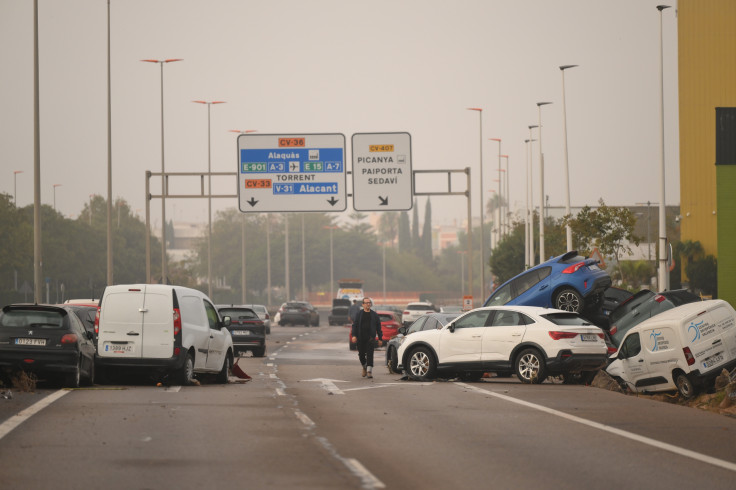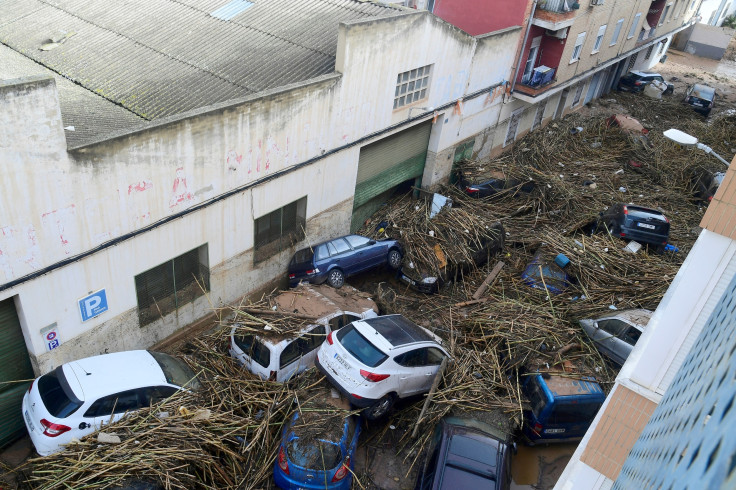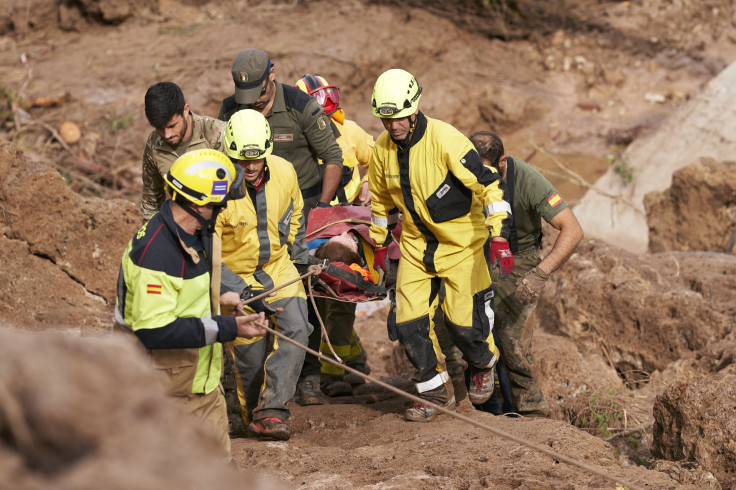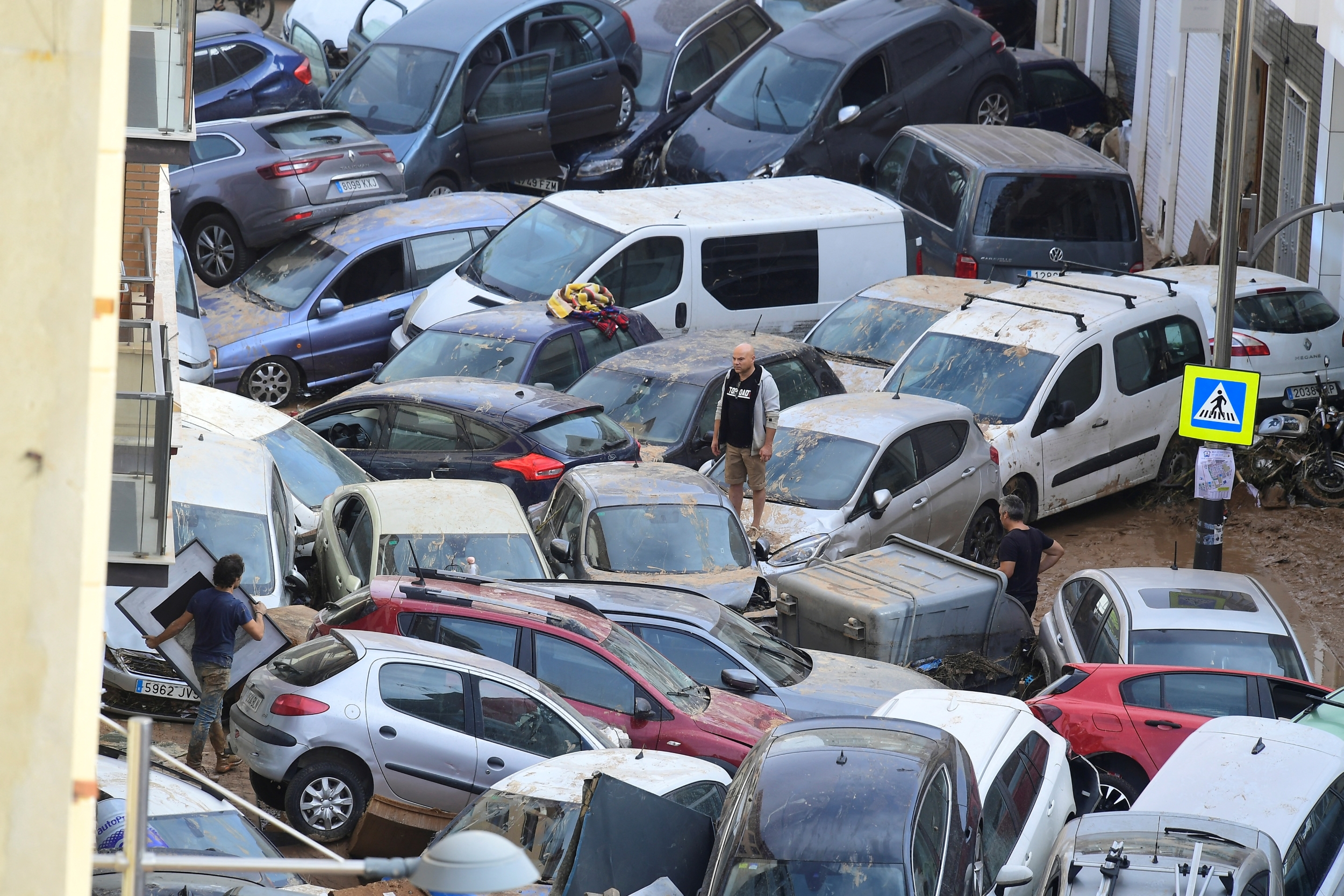
At least deaths, thousands injured, and millions of euros in damage mark the devastating impact of DANA across southeastern Spain. But what exactly is this natural phenomenon, and how can it cause such destruction?
According to meteorological experts, DANA, or 'Depresión Aislada en Niveles Altos' (Isolated Depression at High Levels), struck with unprecedented force in the region. This weather event, also known as a "cold drop," occurs when a cold air mass becomes isolated in the atmosphere. When this cold air collides with the warm, humid air of the Mediterranean, it triggers torrential rains and extreme weather conditions.
The region of Valencia was particularly hard-hit, with over 155,000 homes losing electricity and high-speed trains to Madrid and Barcelona indefinitely suspended. In towns like Chiva, eight hours of rainfall matched the yearly average, turning streets into rivers that swept away vehicles and forced residents to seek refuge in trees and other high ground.
Scenes across the affected areas on October 30 looked straight out of a Hollywood disaster film, resembling post-apocalyptic shows like 'The Walking Dead.'
The rising frequency of such extreme events has been linked to climate change, with warmer Mediterranean waters fueling these intense phenomena.
Experts warn that Spain may face increasingly frequent and intense storms in coming years, underscoring the need for strengthened flood defenses and better infrastructure preparation.
@abc.es Así avanzó la DANA por España. Se observa cómo se regeneran una tras otra las tormentas sobre la Comunitat Valenciana y zonas próximas. #Lluvia #Tormenta #temporal #DANA #Valencia #Albacete #ComunidadValenciana #CastillaLaMancha #UltimaHora #inundaciones #aemet #espacio #satelite
♬ Suspenseful and tense orchestra(1318015) - SoLaTiDo
What's Happening Now?
In response to the crisis, the Spanish government has deployed over 1,000 personnel for rescue and recovery efforts, with President Pedro Sánchez pledging support to affected communities.
@lavanguardia Pedro Sánchez, a los damnificados por la DANA: "España llora con vosotros. Os vamos a ayudar con todos los recursos del Estado" #Valencia #PedroSánchez
♬ sonido original - La Vanguardia 🗞 - La Vanguardia 🗞
However, the emergency has highlighted weaknesses in regional crisis management, especially in Valencia, where a recent decision to disband the Valencian Emergency Unit (UVE) has faced criticism for depleting critical resources.
DANA's impact has been economically severe, affecting infrastructure and agriculture. Damage to roads, bridges, and communication systems has hindered emergency access, while regional crops have been devastated. The Vega Baja, an agricultural area known as Spain's "garden," suffered floods that destroyed fruit and vegetable fields, impacting the local economy and posing a risk to food security in the area.
International Solidarity
The tragedy in Spain has spurred an international response of solidarity. The European Union has activated the Copernicus satellite system to assist in rescue coordination and damage assessment, while neighboring countries like Portugal have offered resources for recovery efforts. These initiatives reflect a growing commitment to European cooperation in facing climate-aggravated natural disasters.




@elespanolcom Las inundaciones provocadas por la DANA dejan totalmente dev4st4d0 al municipio de Carlet (Valencia) 👉El Gobierno valenciano pide a la población que evite desplazamientos en toda la provincia #carlet #valencia #españa #inundaciones #dana #temporal #tiempo #puente #rio
♬ sonido original - EL ESPAÑOL 🦁
© 2024 Latin Times. All rights reserved. Do not reproduce without permission.








